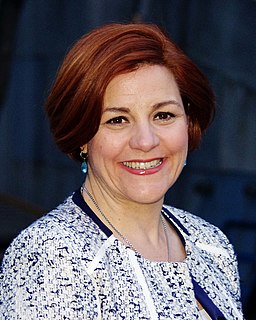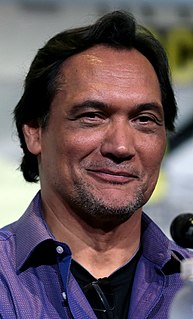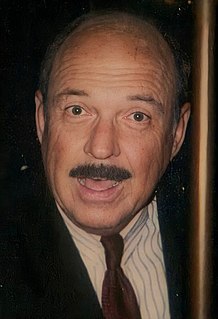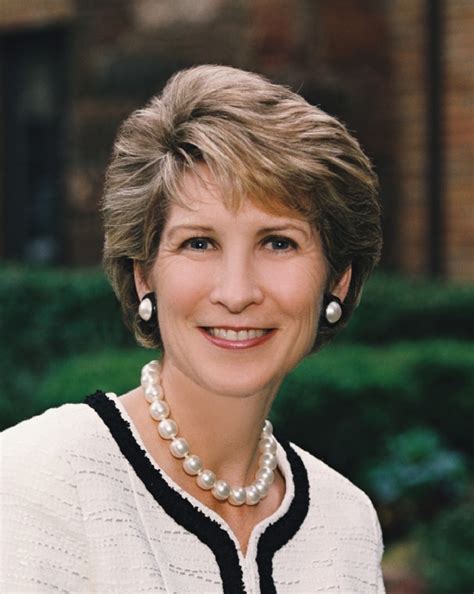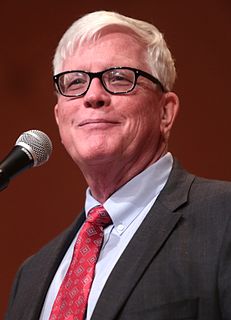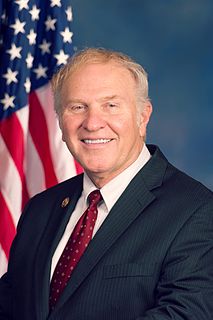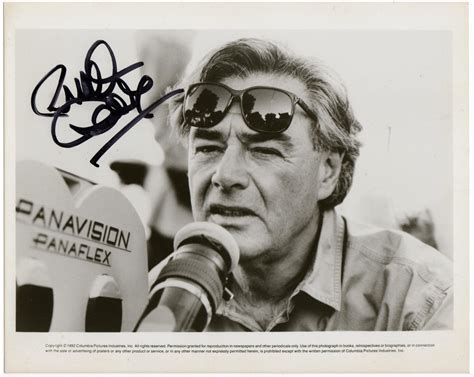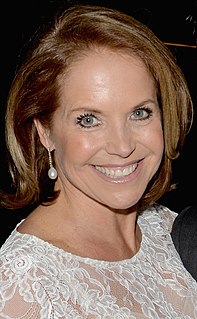A Quote by Christine Quinn
People have said I can come off a little trial-lawyerish. I tell people I never actually became a lawyer, but I play one at City Hall.
Related Quotes
"Why is it sports is the only thing white people see us being successful at? I don't want to play football," he said. "I wanna be a lawyer." "That's fine with me," I said, a little annoyed. "I've just never heard of a Negro lawyer, that's all. You've got to hear of these things before you can imagine them." "Bullshit. You gotta imagine what's never been."
Donald Trump actually won a lot of people. We've got to give the president-elect his due. He was a tractor beam for the disappointed. He said to the people who were disappointed with the president on Obamacare, "Come to me." He said to the people who were disappointed with trade, "Come to me." He said to the people who were disappointed with the Supreme Court, "Come to me." And he did run a campaign of bringing in the disappointed. And to the people who may be disappointed with their own lives and where they are. And they have a person to speak for them.
I think this kind of bohemianism doesn't really exist in the New York city anymore - the bohemianism that I was trying to record in Carnegie Hall that completely defined our culture. The people who lived and worked in Carnegie Hall studios, they defined our culture in music, dance, theater, fashion, illustration. It wasn't so much nostalgic as a celebration of that and an acknowledgment of that and saying that it's really important. And it's actually something that is a loss for the city, I think.
For a lawyer to do less than his utmost is, I strongly feel, a betrayal of his client. Though in criminal trials one tends to focus on the defense attorney and his client the accused, the prosecutor is also a lawyer, and he too has a client: the People. And the People are equally entitled to their day in court, to a fair and impartial trial, and to justice.
The media is terribly worried that Donald Trump is going to influence people. The media will tell you, I mean, crazy Mika, Ms. Brzezinski, actually said that she worries that Trump may actually end up controlling what people think on jobs and the economy. And it's not the president's job, it's the media's job to tell people, to determine people exactly what they think.
I knew Richard E. Grant, and I went to him and said "Would you like to [play Kafka in the film]?" and he said yeah, and then suddenly I had all these people who were happy to come along. We got a little bit of money from Scottish Screen to pay for it. I got so many favors because I knew people in the business. I was in a remarkably good position. I got so many favors from people. I got the Monty Python technical people.
